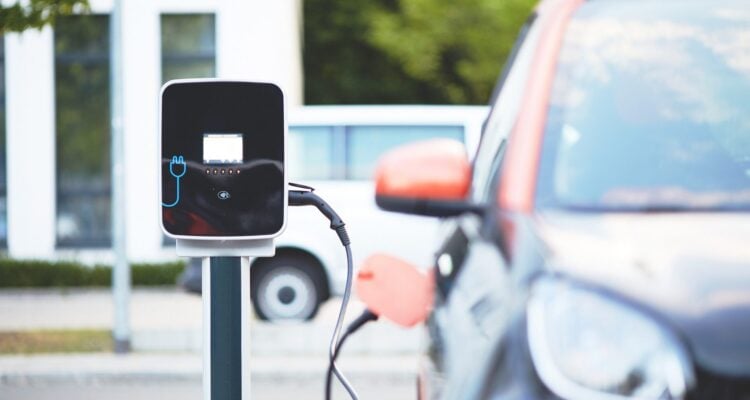Previous Budgets have introduced significant incentives for the UK’s public and the private sector to buy and use electric vehicles (EVs). The results have been staggering: 23% of all vehicle sales in September 2023 were fully electric or plug-in hybrids, for a total of 63,858 EVs sold this year.
Some of these grants have now expired, but the UK’s fleets are far from being fully electric. The question remains as to whether the momentum can be maintained, especially since the 2030 delay to 2035 for the cut-off for the sale of petrol and diesel vehicles, the price of electricity remaining high and HGVs providing a tough nut to crack to electrify.
We know that transport accounts for 34% of all greenhouse gas emissions, so if the country wants to reduce this and reach net zero then it would be a sensible place to start – although the recent moves against ULEZ and 20mph zones in Wales would indicate that the government is pursuing a more laisse faire approach to regulating the nation’s roads.
If this is the case, then efforts should be made to target help for fleets where it will do the most good. We know from being at the forefront of the country’s switch to EV that this is smaller fleets. Larger fleets such as major logistics firms could have sustainability incentives to win business, for example: Delivery Company X needs to emit a certain amount of CO2 to be considered as a customer by eCommerce Company Y. Meeting these targets might be easier for major companies with access to significant amounts of ready capital, but much more difficult for smaller companies. Such businesses make up a significant part of the commercial vehicles on Britain’s roads, so schemes that target support to these smaller companies could reduce emissions significantly while not costing too much.
For company car drivers, on particle level nothing has changed. The reduced BIK TAX on EV’s remains in place and this has been and will continue to be the driving force behind new EV registrations.
It is important to also not add to the EV charging inequality challenge. For those drivers with driveways, charging at home overnight is an ideal solution; their cars are charged overnight and ready to go at the start of each day. But what about the many drivers who are unable to charge their vehicles at home? More investment needs to be made in kerbside charging and build off the previous work the government and local authorities have undertaken in this area of charging.
Author: Ashley Tate, MD, Allstar Chargepass






